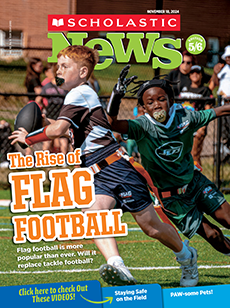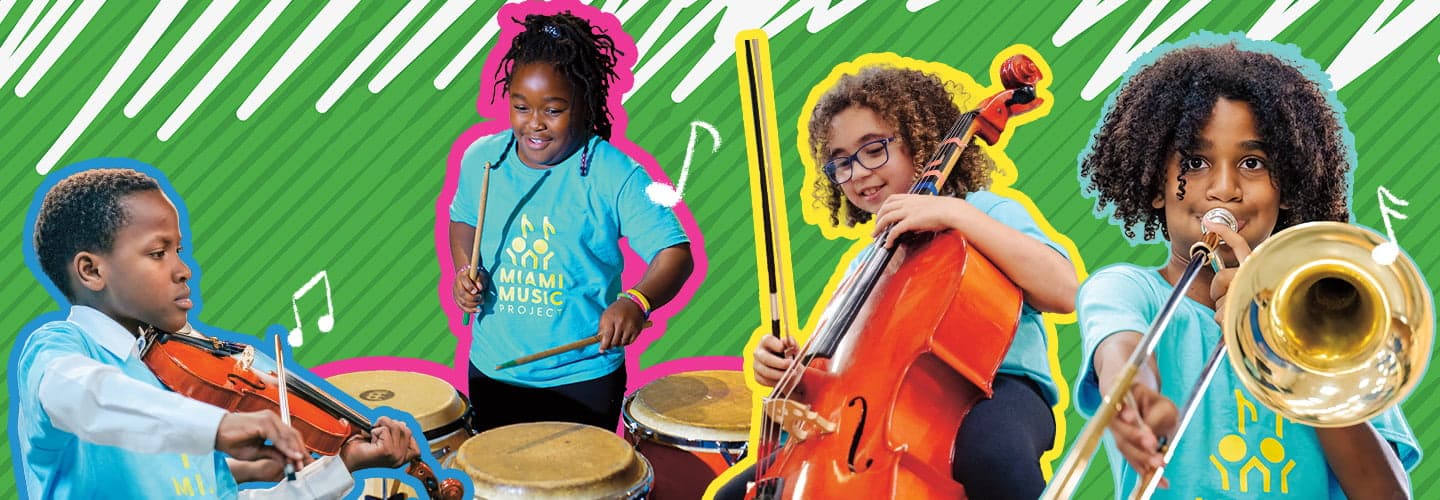Louis Sylvestre has a big goal: to become the best violin player ever. The fourth-grader is working hard to make his dream come true. He spends about two hours a day practicing the violin. He’s also the concertmaster, or lead violinist, in an orchestra with other kids.
It’s all made possible by Miami Music Project. The program helps kids discover the power of playing an instrument. Founded in 2008, Miami Music Project offers free music lessons and instruments to more than 800 students in second grade through high school. The kids come from about 40 schools across Miami, Florida.
But the music lessons are more than just a fun activity. The program also helps students learn the value of teamwork and build academic skills.
“I even like it when class is tough,” Louis says. “It teaches us discipline, which helps me in the classroom.”
Louis Sylvestre has a big goal. He wants to become the best violin player ever. The fourth-grader is working hard to make his dream come true. He practices the violin for about two hours a day. He’s also in an orchestra with other kids. He’s the concertmaster, or lead violinist.
It’s all made possible by Miami Music Project. The program helps kids discover the power of playing an instrument. Miami Music Project was founded in 2008. It offers free music lessons and instruments to more than 800 students. The kids are in second grade through high school. They come from about 40 schools across Miami, Florida.
But the music lessons are more than just a fun activity. They also help students learn about teamwork and build academic skills.
“I even like it when class is tough,” Louis says. “It teaches us discipline, which helps me in the classroom.”

